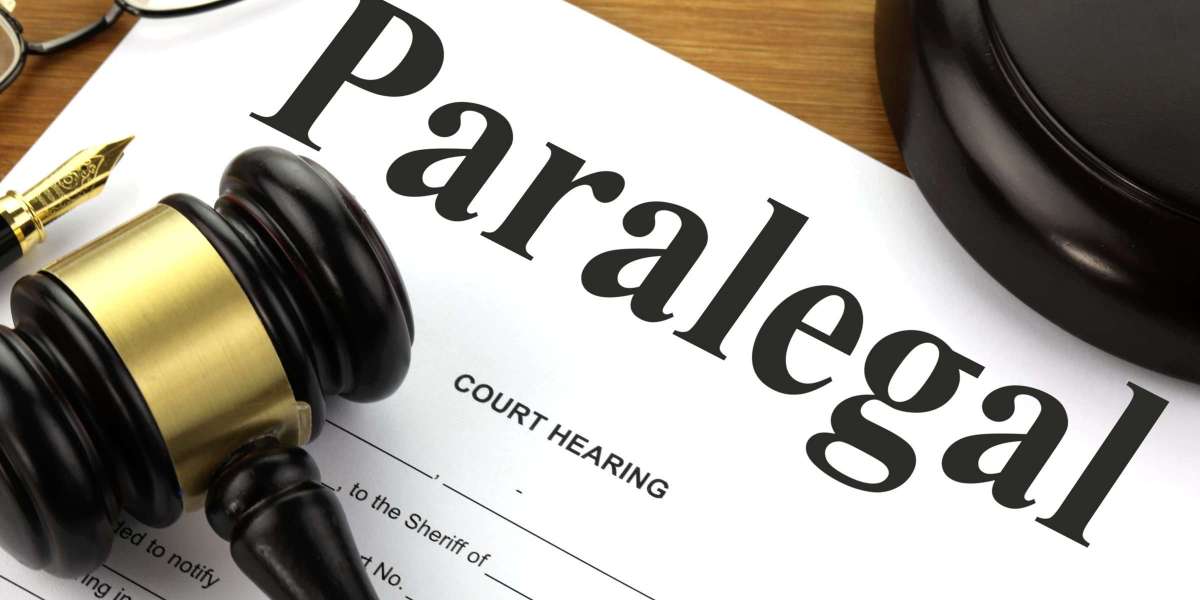When facing the challenging prospect of divorce, it’s essential to navigate the process thoughtfully, especially when it comes to critical aspects like divorce mediation and asset division. For many couples, traditional litigation can be costly, time-consuming, and emotionally draining. Divorce mediation offers a more amicable, collaborative approach that helps divorcing couples make decisions together while minimizing stress and financial strain. By understanding the benefits of mediation and strategies for fair asset division, couples can achieve a smoother, less contentious separation.
What Is Divorce Mediation?
Divorce mediation is a process where a neutral third party, known as a mediator, facilitates communication between the divorcing parties. Unlike traditional divorce proceedings, mediation encourages cooperation, allowing couples to negotiate the terms of their divorce directly. The mediator doesn’t make decisions but instead helps both parties explore solutions that work for their unique situation.
Mediation can cover a wide range of issues, including asset division, child custody, and spousal support. Because the focus is on mutual agreement, mediation tends to be less adversarial, enabling both parties to part on better terms.
Benefits of Divorce Mediation
- Cost-Effectiveness: Mediation typically requires fewer hours than litigation, resulting in lower legal fees.
- Privacy: Unlike courtroom proceedings, mediation is confidential, protecting both parties' privacy.
- Control: Couples maintain control over decisions, as opposed to having a judge make determinations.
- Reduced Stress: The collaborative nature of mediation promotes a calmer, less confrontational environment.
- Faster Resolution: Mediation often takes less time, allowing couples to move forward more quickly.
Understanding Divorce Asset Division
One of the most challenging aspects of divorce is dividing shared assets. divorce asset division can be complex, as it involves categorizing property, assigning values, and negotiating fair terms. Every asset division strategy should aim to be fair and equitable, but different states follow different laws. In community property states, assets acquired during the marriage are typically divided equally, while equitable distribution states divide assets based on what’s fair for each party, considering factors like financial contribution and future needs.
Common Assets Divided in Divorce
- Real Estate: Marital homes, vacation properties, and other real estate investments are usually high-value assets that require careful consideration.
- Bank Accounts and Investments: Savings, retirement accounts, and stocks often represent significant portions of a couple’s wealth.
- Business Interests: If either spouse owns a business or has business shares, valuing and dividing these assets can be complex.
- Personal Property: Vehicles, furniture, jewelry, and other personal belongings may also need division.
- Debts: Any debts acquired during the marriage, including loans, mortgages, and credit card balances, must be shared according to the agreed-upon or court-mandated division.
Divorce Mediation and Asset Division: A Strategic Approach
The mediation process can be instrumental in achieving a balanced, equitable division of assets. During mediation, the mediator will guide discussions, helping both parties understand the scope of their marital assets and work toward a fair distribution. Here’s how mediation can help simplify the asset division process:
- Creating a Comprehensive Asset Inventory: The mediator can help both parties create a detailed list of all marital assets and liabilities. This step ensures that all shared assets are included and valued fairly.
- Open Communication and Transparency: Mediation promotes open dialogue, allowing both spouses to express their needs and concerns. This transparency can help prevent future disputes and ensure that both parties feel satisfied with the outcome.
- Equitable Solutions: The mediator can suggest creative solutions that meet both parties’ needs. For example, one spouse might keep the family home, while the other receives a greater share of financial assets to balance the division.
- Focusing on Future Needs: Instead of arguing over past grievances, mediation encourages a forward-looking approach. Couples can discuss how they’ll manage shared responsibilities like mortgages, joint debts, or children’s education.
Tips for Navigating Divorce Mediation and Asset Division
To make the mediation process smoother and more productive, consider the following tips:
- Know Your Finances: Before mediation begins, gather financial documents and understand the value of your assets and liabilities. This knowledge will help you make informed decisions and negotiate confidently.
- Set Priorities: Identify which assets are most important to you and be willing to compromise on others.
- Stay Open to Compromise: Flexibility can lead to mutually beneficial solutions. Try to focus on the big picture and what’s best for your future.
- Stay Calm and Respectful: Mediation is about cooperation. Remaining calm and respectful will make the process easier for both parties.
Choosing Mediation for a Healthier Divorce Outcome
Choosing divorce mediation can be a compassionate and effective way to navigate divorce. By focusing on collaboration and fair asset division, couples can reduce conflict, save money, and lay a healthier foundation for future interactions, especially if children are involved. When approached thoughtfully, mediation can turn a challenging process into an opportunity for growth, closure, and a fresh start.







